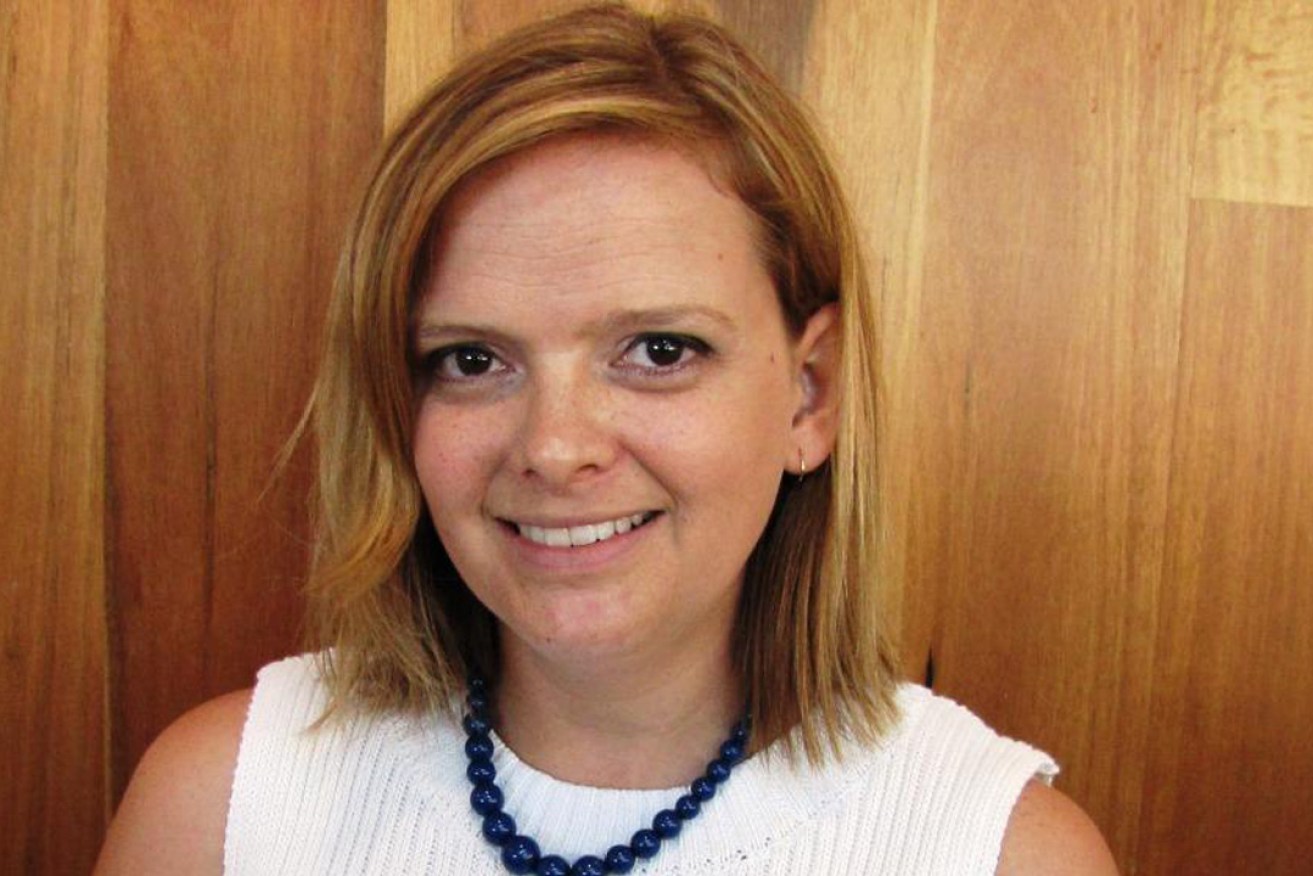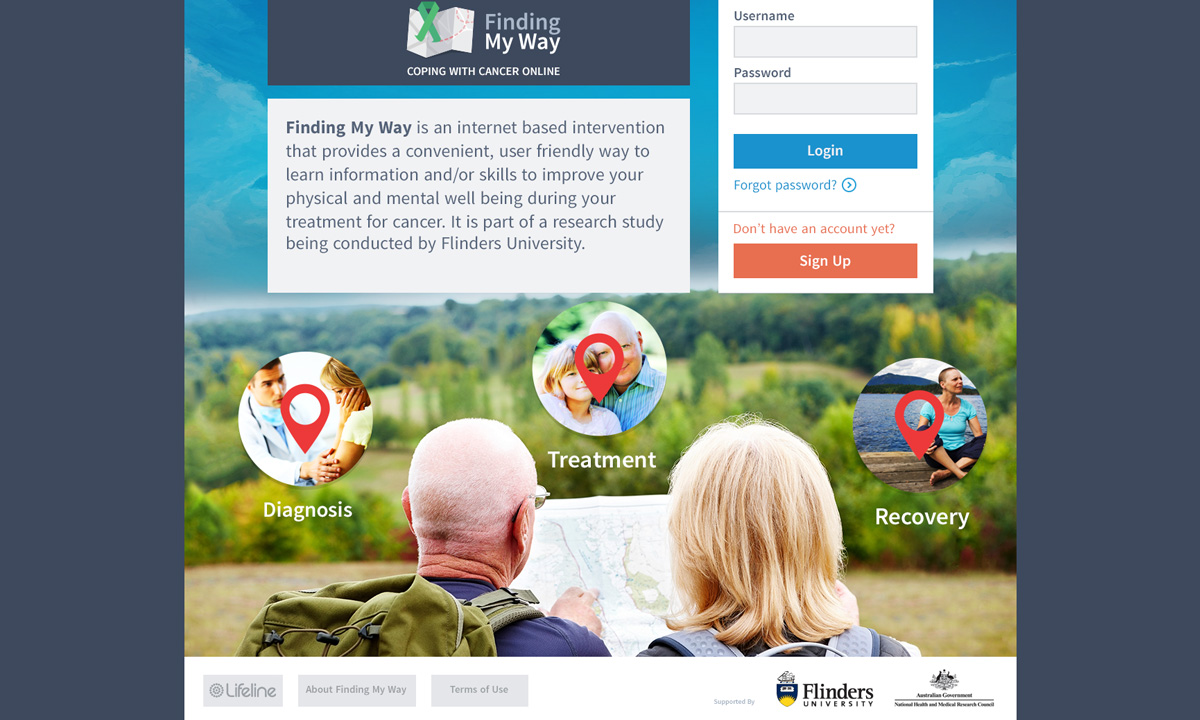Help for cancer just a click away
A comprehensive online self-help program aims to help reduce distress for patients diagnosed with cancer.

Flinders clinical psychology research Dr Lisa Beatty has developed an extensive online resource to walk through a range of issues faced by people living with cancer.
Developed by researchers from Flinders University and Flinders Centre for Innovation in Cancer (FCIC), Finding My Way is the only program of its kind and can be accessed by people newly diagnosed with all types of cancers, right around the world.
Researcher and clinical psychologist at the FCIC, Dr Lisa Beatty, says the free program takes the most common issues people with cancer experience during diagnosis, treatment and recovery, and gives them strategies to manage these on their own.
“When people are diagnosed with cancer they can experience a range of emotions, including shock, anger, guilt, uncertainty and feeling overwhelmed,” Beatty says.
“People may feel they have no idea how to navigate the path ahead – so Finding My Way is really about mapping out that path.”
The program focuses on six key areas of physical and mental wellbeing:
- Managing what’s happening in the initial stages of a diagnosis including communication with the treatment team
- Physical symptoms and side effects including pain and nausea.
- Emotional distress.
- Identity and role changes.
- Managing support networks and supporting loved ones.
- Transitioning to life after cancer.

Trialled in a national study across six hospitals, the study found that this early intervention tool improved patient’s ability to function with, and manage their distress, and also reduced the need for patients to access other health services such as psychologists, counsellors, dieticians, naturopaths, physiotherapists, and chiropractors.
As a result, researchers in Germany, Prague and Harvard University in Boston are now adapting and trialling Finding My Way for their own cancer care programs.
It is estimated more than 130,000 people were diagnosed with cancer in Australia last year.
“We know that up to 40 per cent of people with cancer experience distress following their diagnosis, and of those, only 29 per cent will actually access help – so that’s a big gap,” Beatty says.
“People are often reluctant to seek help and there’s a stigma about seeing a psychologist – there’s also people who live in remote and regional areas who simply aren’t able to access help.
“This program is private, anonymous, and a convenient way of getting some help without seeing someone face-to-face.
“It aims to promote and facilitate adjustment and coping, and we know that it works in preventing things from escalating.”
Supported by the Flinders Foundation, Finding My Way forms part of the foundation’s commitment to supporting and improving research and care for people with cancer and their families. To help visit www.flindersfoundation.org.au or (08) 8204 5216.
To access Finding My Way go to www.findingmyway.org.au





